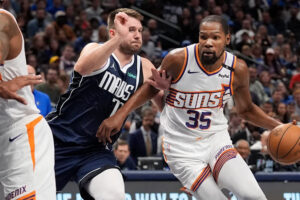No matter the discipline, there are situations that become unbearable and unmanageable, and that’s when athletes most need help from a professional. For a long time, depression was a taboo within sport but luckily, for a long time, that equation has changed and psychological help is decisive to overcome these processes.
Soccer, the most popular of sports, is not immune. According to 2015 FIFpro reports, in Europe, 38 percent of active players suffered from symptoms of depression. “Days passed and I realized that my situation was not improving. I didn’t feel good, I wasn’t myself. Everything was dark, I saw everything black “ Andrés Iniesta commented a few months ago as an outlet.
There are many athletes who made the determination to talk about the subject, others never managed to do so. The pressure of always stalking the top, the need for sponsors to be behind a star and that meets their expectations, the representatives, the gaze of the fans, the press that does not measure comments, neither good nor bad, These are all issues that mentally undermine the athlete.
“I was coming from a season where I was an All-Star, All-NBA and won a gold medal at the London Olympics. But I was completely unaware of the darkness that was about to consume me. “, Kevin Love sentenced before asking for help from specialists.
For his part, Michael Phelps, for many the best swimmer of all time, was forceful when it came to telling his problems: “I would lock myself in my room. He didn’t want to swim anymore, or even live any longer. On several occasions I even thought about suicide… ”, he said.
It is a complex world that elite athletes face, but many managed to shout their truth, took off that enormous weight and learned to live with the disease.











